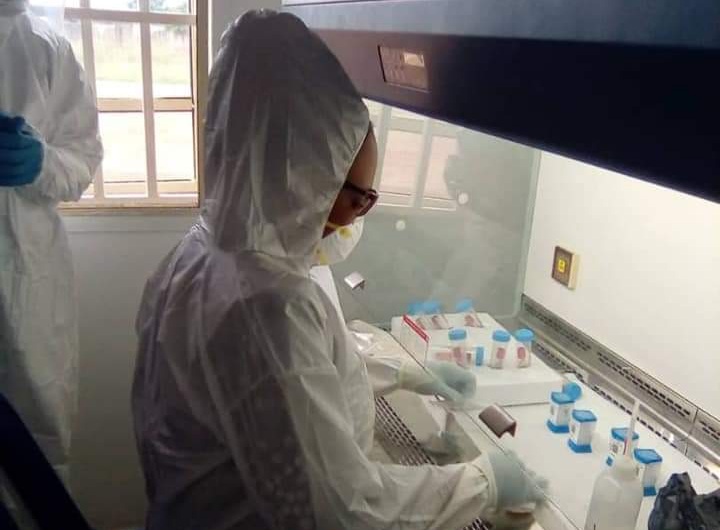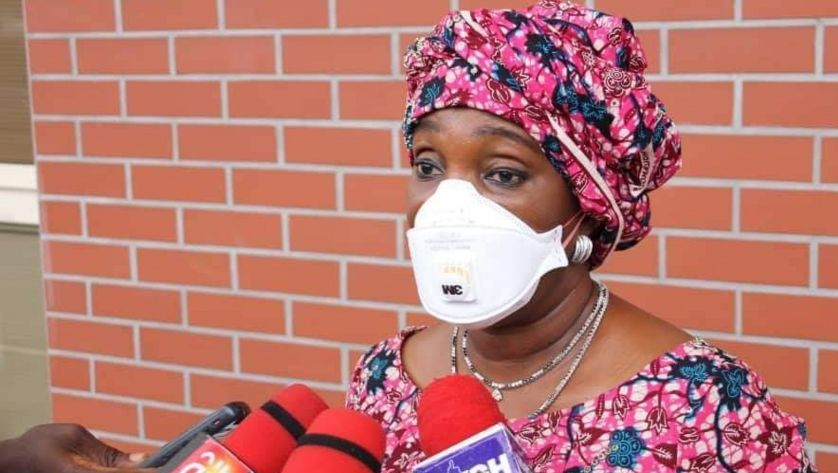With 600 new positive samples on Friday, Nigeria’s total number of confirmed COVID-19 cases has now exceeded 35,000.
The Nigeria Centre for Disease Control (NCDC) announced the new cases for 19 states and the federal capital territory (FCT), bringing the country’s total to 35,454.
Despite the increase in new cases, Friday saw a significant drop in the death toll, with three fatalities.
The recovery rate also increased from 14,292 to 14,633.
Advertisement
Aside from Lagos with 129 new cases, the FCT also recorded a high figure with 118 new infections.
The number of active cases has also increased from 19,500 to 20,049 patients.
600 new cases of #COVID19Nigeria;
AdvertisementLagos-129
FCT-118
Oyo-87
Kano-55
Benue-42
Enugu-35
Kwara-28
Imo-16
Ogun-13
Kaduna-12
Ondo-12
Delta-11
Edo-11
Plateau-8
Nasarawa-6
Ekiti-6
Niger-6
Borno-4
Abia-4
Gombe-335,454 confirmed
14,633 discharged
772 deaths pic.twitter.com/OsPmCXJVU2— NCDC (@NCDCgov) July 17, 2020
Advertisement
As the number of cases continues to increase globally, the World Health Organisation (WHO) says countries need to work towards improving livelihoods considering the impact of lockdown measures.
Speaking at a press briefing on Friday, Tedros Ghebreyesus, director-general of the WHO, also urged countries to endeavour to focus more efforts on building sustainable health systems.
“While it is too early to assess the full impact of so-called lockdowns and other containment measures, up to 132 million more people may go hungry in 2020, in addition to the 690 million who went hungry last year,” he said.
“Deep budget cuts to education and rising poverty caused by the pandemic could force at least 9.7 million children out of school forever by the end of this year, with millions more falling behind in learning.
Advertisement
“The economic impact of the pandemic in humanitarian settings can aggravate already dire living conditions – more displacement, food shortages, risk of malnutrition, decrease in access to essential services, mental health problems, and so on.
“WHO is working through our 150 country offices to support the response to COVID-19, to support the continuity of essential health services, and to engage communities to ensure demand for these services is maintained.
Advertisement
“It’s also vital that as an international community, we use this opportunity not only to respond to the pandemic, but to build health systems that are more resilient, and more able to withstand the impact of health emergencies.
“The pandemic is teaching us that health is not a luxury item; it’s the foundation of social, economic and political stability.”
Advertisement
Add a comment






